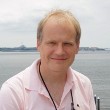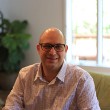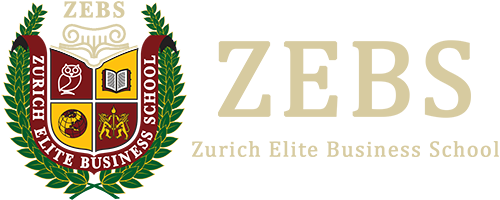
Introduction to Programming in C++
About this course
This is the 1st course in the intermediate, undergraduate-level offering that makes up the larger Programming and Data Structures MicroBachelors program. We recommend taking them in order, unless you have a background in these areas already and feel comfortable skipping ahead.
- Introduction to Programming in C++
- Advanced Programming in C++
- Introduction to Data Structures
- Advanced Data Structures
These topics build upon the learnings that are taught in the introductory-level Computer Science Fundamentals MicroBachelors program, offered by the same instructor.
This is a self-paced course that provides an introduction to the C++ programming language. Among the topics covered is the development of command-line programs that utilize different data types, expressions, decision branching, and iteration to solve problems. Students learn to program in C++ through the lectures and the labs. C++ programming material is presented over eight weeks of interactive lectures with weekly quizzes to assess your understanding of the material Students will experience hands-on practice writing C++ programs through ten lab challenges.
Students will experience the development cycle by compiling their C++ programs from human-readable source code to machine-readable object code. They will then link their objects to create an executable that can be run interactively.
Coaching
If you are enrolled in the verified track (paid track) in any course that is a part of a MicroBachelors program, including this course, you are eligible for coaching at no additional cost. Please note that coaching is only available via SMS to U.S. phone lines.
Our coaches (real humans) are ready to help you with career exploration, navigating resources, staying motivated, and solving problems along the way to your goals.
Learn more about the value of coaching directly from one of our coaches, Erin.
At a glance
- Institution: NYUx
- Subject: Computer Science
- Level: Intermediate
- Prerequisites:
This is the 1st course in the intermediate, undergraduate-level offering that makes up the larger Programming and Data Structures MicroBachelors program. We recommend taking them in order, unless you have a background in these areas already and feel comfortable skipping ahead.
- Introduction to Programming in C++
- Advanced Programming in C++
- Introduction to Data Structures
- Advanced Data Structures
These topics build upon the learnings that are taught in the introductory-level Computer Science Fundamentals MicroBachelors program, offered by the same instructor.
- Language: English
- Video Transcript: English
What you’ll learn
- analyze C++ assignments and apply its components in program development
- apply basic C++ I/O operations with different data types
- design C++ expressions using arithmetic operations (including understanding their limitations, such as integer truncation, round-off error, division by zero, narrowing and widening conversions, casting, precedence, and standard math library functions)
- design C++ expressions using relational operators (including understanding floating point equality)
- design C++ expressions using logical operators (including short-circuit)
- design C++ selection statements (including nested selection)
- design C++ repetition statements (including count-controlled versus event-controlled, sentinel-controlled)
Syllabus
Wk 1 – Hello World
- First C++ Program
Wk 2 – Data Types and Expressions
- Type Casting
- ASCII
- Literals
- The String Class
- Boolean Expression
Wk 3 – Data Type Labs
Wk 4 – Branching Statements
- Absolute Value
- One-Way if Statements
- Switch Statements
Wk 5 – Branching Labs
Wk 6 – Iterative Statements & Functions
- Syntax
- pigeonhole principle
- function definition
- domain, target, range
- one-to-one and onto functions
- composition of functions
- inverse function
Wk 7 – Iteration Labs
Wk 8 – Final Exam
About the instructors

Aspen Olmsted
Adjunct Professor at New York University Tandon School of Engineering

Itay Tal
Industry Assistant Professor at New York University Tandon School of Engineering


